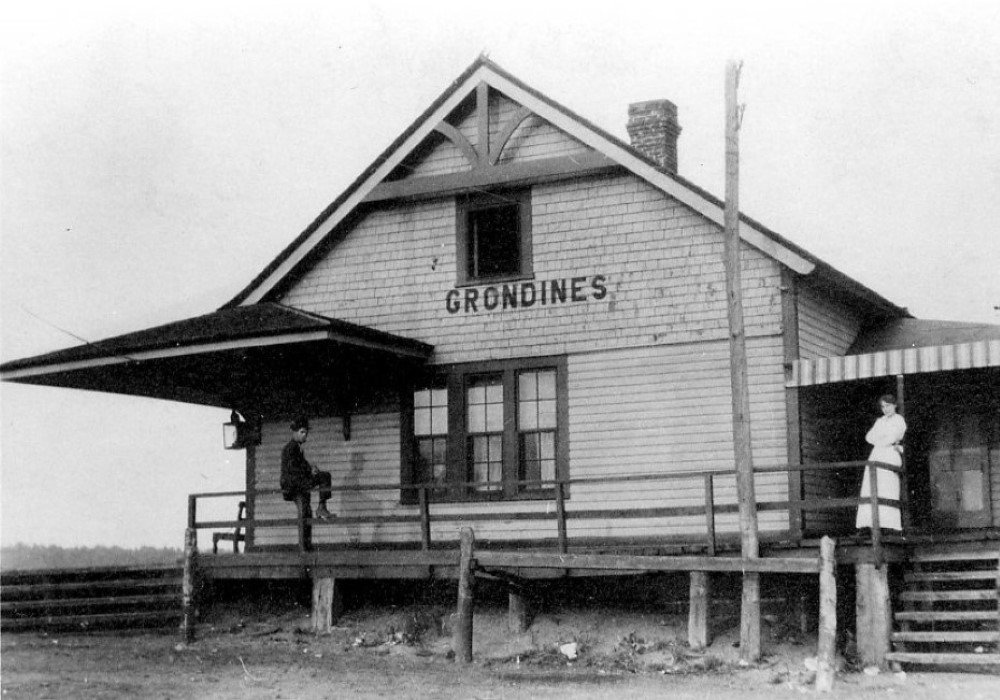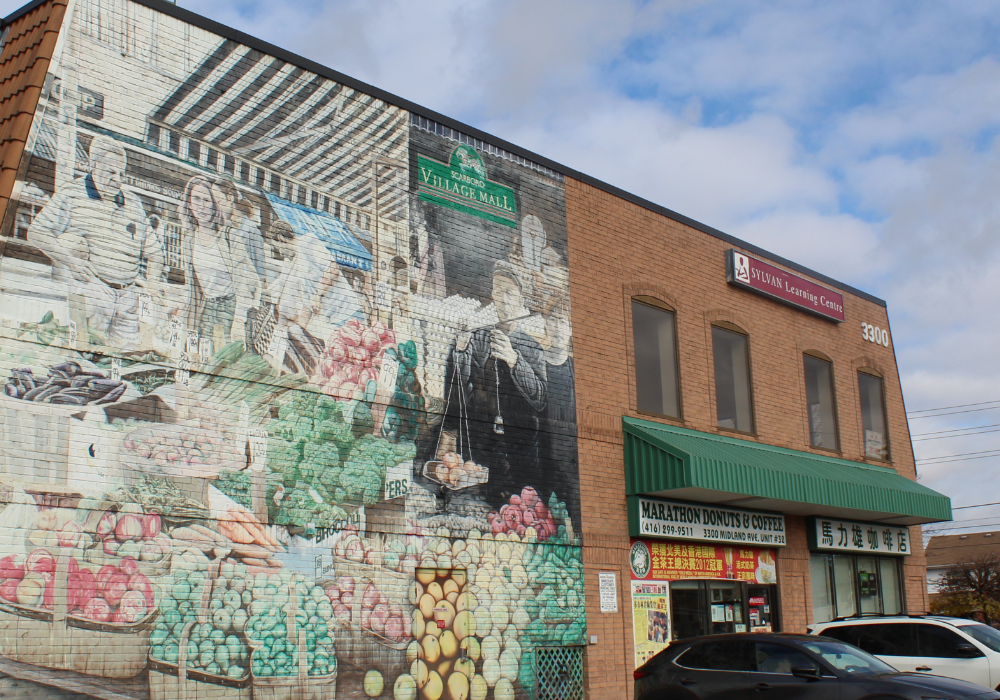Grand Bend was first settled in the 1830s by the mill hands of Benjamin Brewster & Company. Logs from The Pinery were hauled here to be sawn by water power, and the workers built their shanties nearby. The isolated hamlet took its name from the hairpin turn in the Ausable River, and was popularly referred to as “the Grand Bend”.
At that time, the settlement was connected to other communities along the eastern shoreline of Lake Huron only by the periodic visits of lake steamers. The building of “The Mercantile Road” (later the Bluewater Highway) by the Canada Company in the 1850s would provide the first reliable access to settlers and traders alike. Recreational tourists would soon follow.
By the 1870s, visitors from outside the tiny community had discovered the combination of forest, sand and water to be enjoyed at Grand Bend. People came to “take the healthful vigours of the natural pine ozone”, the fresh lakeside air thought to be a “restorative for the physic”, with the infirm, ill and convalescent directed by physicians to rest there.
Making the trip to Grand Bend was an adventure in itself: campers and cottagers arrived by train to either the Exeter or Parkhill Station, bringing their necessities in sturdy trunks. Usually intending to stay for a good part of the summer, they brought victrolas, mats to hook, folding chairs, food lockers and ice chests, washtubs and oil lamps, which had to be off-loaded at the Exeter Station and then hauled by ‘stage’ to the lake. For decades, the horse-drawn stage was a wagon with benches and a light canvas top. That service was motorized in 1910, when the Guenther family began providing twice-weekly service to Grand Bend with a new autobus, for fifty cents.
Tourism boomed with the arrival of the automobile. Working families from across western Ontario could now arrive at the beach for the day, or the weekend. With better roads, and ready access to gasoline fuel for the cars, Grand Bend blossomed as a summertime playground. It boasted three hotels, one with running water, an ice cream parlour, bakeshop, a bowling alley, rowboat rentals, two dance halls, picnic grounds and a steam merry-go-round.
By the 1910s, cars were much more affordable and plentiful. A series of annual summer Ford Picnics were organized with balloon launches, softball games and beauty contests. As many as 16,000 people would descend on the town for the weekend, confirming Grand Bend’s prominence in the tourism of western On


